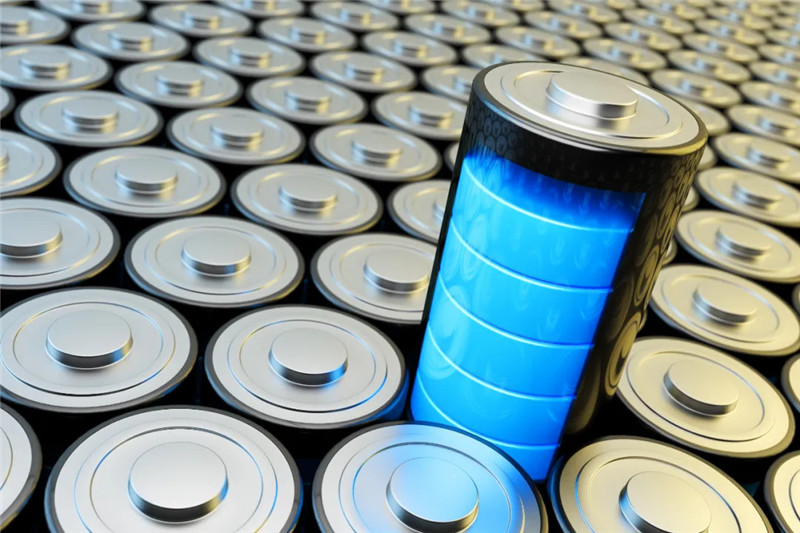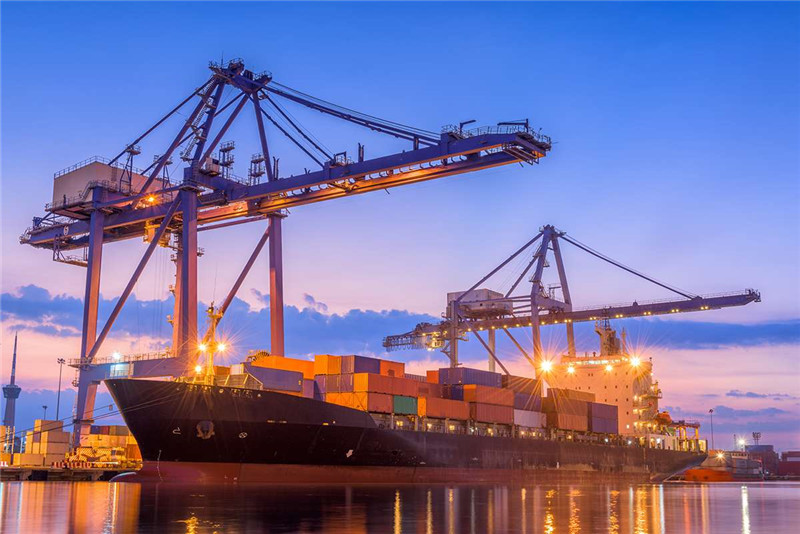Dry cell battery, scientifically known as zinc-manganese, is a primary battery with manganese dioxide as the positive electrode and zinc as the negative electrode, which carries out redox reaction to generate current. Dry cell batteries are the most common batteries in daily life and belong to international standardized products, with common domestic and international standards for size and shape of single cell.
Dry cell batteries have mature technology, stable performance, safety and reliability, easy to use and wide range of applications. In daily life, the common models of zinc-manganese batteries are No. 7 (AAA type battery), No. 5 (AA type battery) and so on. Although scientists have also been trying to explore a more inexpensive and cost-effective primary battery, but so far there is no sign of success, it can be expected that at present, and even in the longer term, there is no better cost-effective battery to replace zinc-manganese batteries.
According to the different electrolyte and process, zinc-manganese batteries are mainly divided into carbon batteries and alkaline batteries. Among them, alkaline batteries are developed on the basis of carbon batteries, and the electrolyte is mainly potassium hydroxide. Alkaline battery adopts the opposite electrode structure from carbon battery in structure, and adopts high conductivity alkaline electrolyte potassium hydroxide, and adopts high performance electrode materials for positive and negative electrodes, among which the positive electrode material is mainly manganese dioxide and the negative electrode material is mainly zinc powder.
Alkaline batteries are optimized in terms of zinc amount, zinc density, manganese dioxide amount, manganese dioxide density, electrolyte optimization, corrosion inhibitor, raw material precision, production process, etc., which can increase the capacity by 10%-30%, while increasing the reaction area of positive and negative electrodes can substantially improve the discharge performance of alkaline batteries, especially the high current discharge performance.

1. China's alkaline battery export demand to drive production
In recent years, with the continuous popularization and promotion of alkaline battery applications, the alkaline battery market as a whole shows a continuous upward trend, according to the statistics of China Battery Industry Association, since 2014, driven by the continuous improvement of cylindrical alkaline zinc-manganese battery production, China's alkaline zinc-manganese battery production has continued to rise, and in 2018, the national alkaline zinc-manganese battery production was 19.32 billion.
In 2019, China's alkaline zinc-manganese battery production increased to 23.15 billion, and the prospective combined with the development of China's alkaline zinc-manganese battery market in 2020 is estimated that China's alkaline zinc-manganese battery production will be about 21.28 billion in 2020.
2. China's alkaline battery export scale continues to improve

According to the statistics of China Chemical and Physical Power Industry Association, China's alkaline battery export volume has continued to improve since 2014. 2019, China's alkaline battery export volume is 11.057 billion, up 3.69% year-on-year. 2020, China's alkaline battery export volume is 13.189 billion, up 19.3% year-on-year.
In terms of export amount, according to China Chemical and Physical Power Industry Association statistics show that since 2014, China's alkaline battery exports show an overall oscillating upward trend. 2019, China's alkaline battery exports amounted to $991 million, up 0.41% year-on-year. 2020, China's alkaline battery exports amounted to $1.191 billion, up 20.18% year-on-year.
From the point of view of the destination of China's alkaline battery exports, China's alkaline battery exports are relatively scattered, the top ten export destinations alkaline batteries combined exports of 6.832 billion, accounting for 61.79% of total exports; combined exports of $633 million, accounting for 63.91% of total exports. Among them, the export volume of alkaline batteries to the United States was 1.962 billion, with an export value of 214 million U.S. dollars, ranking first.
3. China's alkaline battery domestic demand is weaker than exports
Combined with the production and import and export of alkaline zinc-manganese batteries in China, it is estimated that since 2018, the apparent consumption of alkaline zinc-manganese batteries in China has shown an oscillating trend, and in 2019, the apparent consumption of alkaline zinc-manganese batteries in the country is 12.09 billion. Foresight combined with the import and export situation and production forecast of alkaline zinc-manganese batteries in China in 2020 estimated that in 2020, the apparent consumption of alkaline zinc-manganese batteries in China is about 8.09 billion.
The above data and analysis are from Foresight Industrial Research Institute, while Foresight Industrial Research Institute provides solutions for industry, industrial planning, industrial declaration, industrial park planning, industrial investment attraction, IPO fundraising feasibility study, prospectus writing, etc.
Post time: Jul-25-2023




